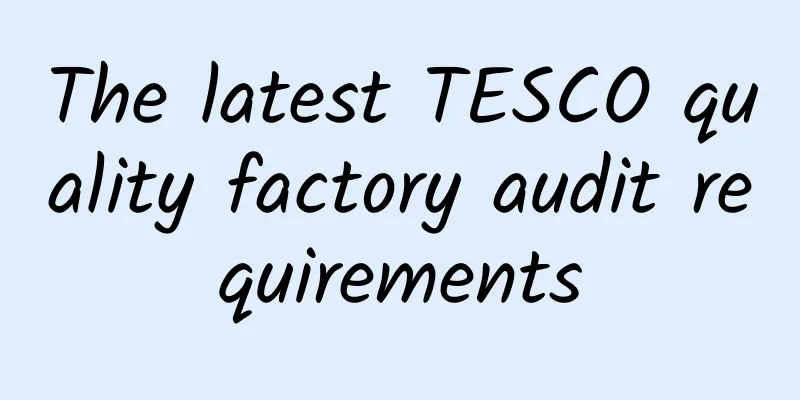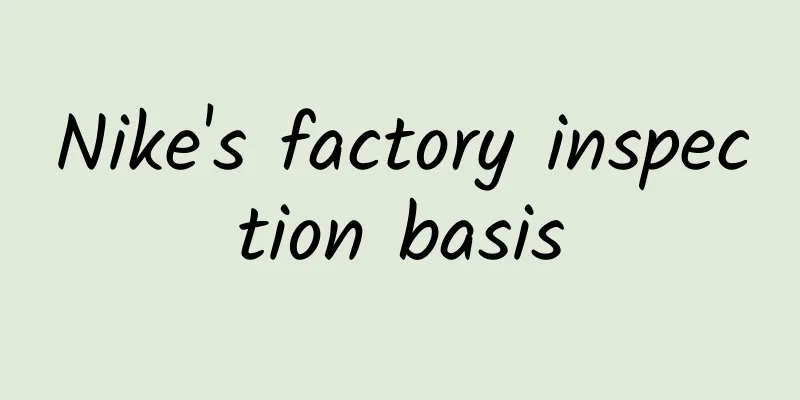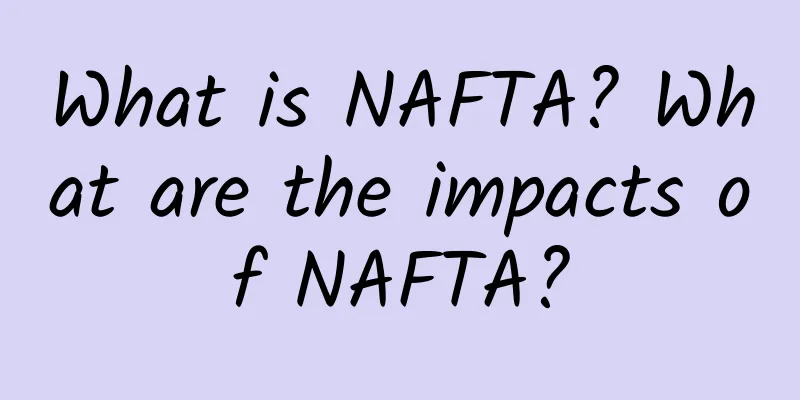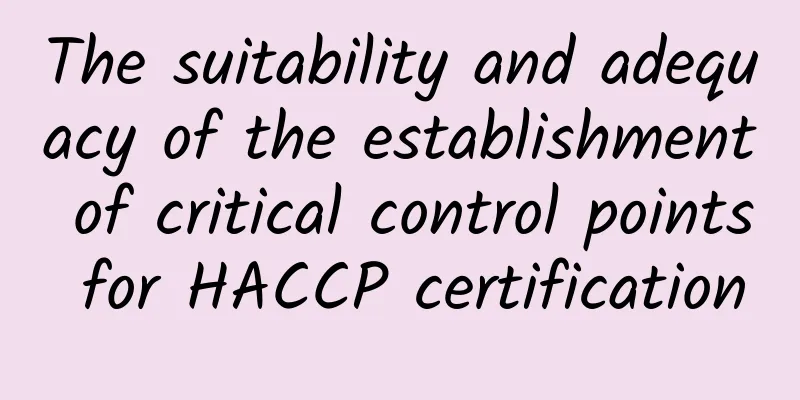ACC Certification Introduction
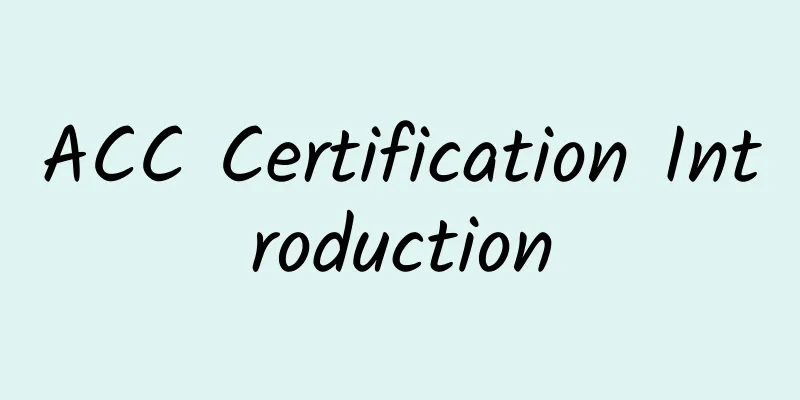
|
The Aquaculture Certification Council (ACC) is an international non-governmental organization established in Seattle, USA in 2002. Its purpose is to inspect aquaculture companies around the world with social, environmental protection and instrument safety standards to achieve responsible fishery production operations and promote sustainable development of fisheries. ACC has a close relationship with the Global Aquaculture Alliance (GAA). In fact, ACC was established to implement and promote GAA's responsible fisheries program. The basis for ACC's certification is the "Best Aquaculture Standards" formulated by GAA, referred to as BAP. ACC focuses on letting fishery producers understand and use more advanced technologies and better management practices. Aquatic products participating in the above responsible fishery program can comply with relevant operating standards and meet the food safety, environmental friendliness and responsible social attitudes required by the current consumer market, which is conducive to the sales of products. ACC mainly provides certification for the production process of aquatic products, rather than the products themselves. Secondly, its service objects are not consumers of aquatic products, but large purchasers, building a bridge between producers and large purchasers. At present, ACC certification has developed to shrimp, tilapia and channel catfish nursery, farms, processing plants and feed mills. Aquatic enterprises must first meet various standards for social, environmental protection and food safety to obtain certification. The BAP certification of the US ACC is now developing rapidly. It has recently been selected by the US Food and Drug Administration (FDA) as a third-party partner for aquatic product certification. Products of BAP-certified factories will be approved by the FDA and directly enter the US market. MCS and BAP certification are similar to the forest management system certification that will be carried out in China. They are management system requirements to prevent excessive demands on nature. |
>>: Requirements that ACC processing plants must meet
Recommend
Provisions of the Supreme People's Court on Several Issues Concerning the Trial of Administrative Cases on Work-related Injury Insurance
The "Provisions of the Supreme People's ...
Benefits of Adding YouTube Videos to Your eBay Product Listings
There are many benefits to adding YouTube videos ...
Mattel (Mattel Factory Inspection Consulting) Growth Guidelines
Mattel (Mattel Factory Inspection Consulting) Gro...
How about the International Freight Forwarding Company Registration Network? What are the advantages of the International Freight Forwarding Company Registration Network?
How about the international freight forwarding co...
Yiwu launches corporate social responsibility certification, trade unions innovate in rights protection
"Corporate social responsibility" is no...
EICC Certification Health and Safety Audit
1. Factory building structure safety certificate ...
What are the requirements for wastewater/sewage treatment under GRS certification?
Wastewater/sewage treatment is also a top priorit...
Shaoxing ** Knitting Industrial Park Co., Ltd. passed the RCS factory certification!
Customer introduction: Shaoxing ** Knitting Indus...
Six key points to note in the factory inspection process
The factory inspection process generally includes...
All Sedex members who need factory inspection (four)
Lilleborg factory inspection consultation/certific...
What is the five-country instruction manual? What information does the five-country instruction manual require?
As the name suggests, the five-language instructi...
ShareSave--Xiaomi cross-border e-commerce
What is ShareSave? ShareSave is a new cross-borde...
A&F Brand Protection Assessment Document Checklist
BACKGROUND Factory Profile Business license (fact...
[Important reminder] Factories that have obtained certificates, please note! Violators will have their certificates revoked!
TE has entrusted ASI to conduct due diligence ass...
What is LazMall? What are the advantages of LazMall?
What is LazMall? LazMall is the official store la...

